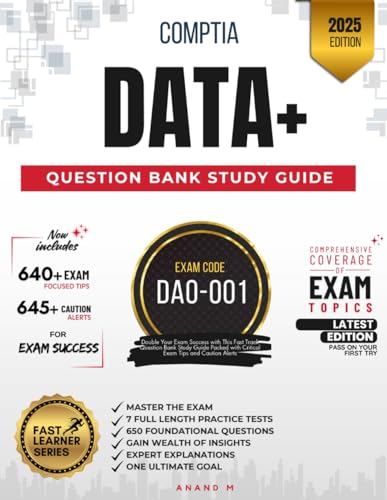
LOS ANGELES — The Federal Trade Commission (FTC) is taking action against the widely used anonymous messaging app Sendit and its CEO, Hunter Rice. They claim that the company unlawfully gathered personal information from children and employed misleading strategies to encourage users—primarily teens and preteens—to purchase paid subscriptions.
In a lawsuit initiated by the Department of Justice at the behest of the FTC, federal authorities have charged Iconic Hearts Holdings, Inc., the Los Angeles-based creator of Sendit, with breaching the Children’s Online Privacy Protection Act (COPPA). This was done by collecting personal data from children under 13 without obtaining parental consent. Additionally, the FTC asserts that the company deceived users into subscribing to a “Diamond Membership” by sending fake, suggestive anonymous messages and falsely claiming that the subscription would disclose the identities of the message senders.
“Sendit’s operator and CEO were well aware that many of its users were under the age of 13 and still failed to comply with COPPA,” said Christopher Mufarrige, Director of the FTC’s Bureau of Consumer Protection. “At the same time, they manipulated many users, including children, into signing up for their weekly subscription service.”
According to the FTC’s complaint: Over 116,000 users self-reported being under 13 while using the Sendit app in 2022 alone.
The app collected sensitive data from children—including phone numbers, birthdates, photos, and usernames for Snapchat, Instagram, and TikTok—without notifying parents or obtaining consent, as COPPA requires.
The app sent fake anonymous questions—such as “have you done drugs?” or “would you ever get with me?”—designed to provoke curiosity and push users to buy the premium subscription.
Users were led to believe that by subscribing to the $9.99/week Diamond Membership, they could reveal the identities of anonymous message senders. However, in many instances, the messages turned out to be either fabricated or the identity details provided were ambiguous (like the type of phone used by the sender or their location).
The company did not adequately inform users that they would be charged weekly on an automatic basis, which misled them into thinking it was a one-time fee.
The lawsuit claims that Iconic Hearts and its CEO, Hunter Rice, have breached not only COPPA but also the FTC Act and the Restore Online Shoppers’ Confidence Act (ROSCA), which forbids deceptive online sales practices that involve recurring charges.



































